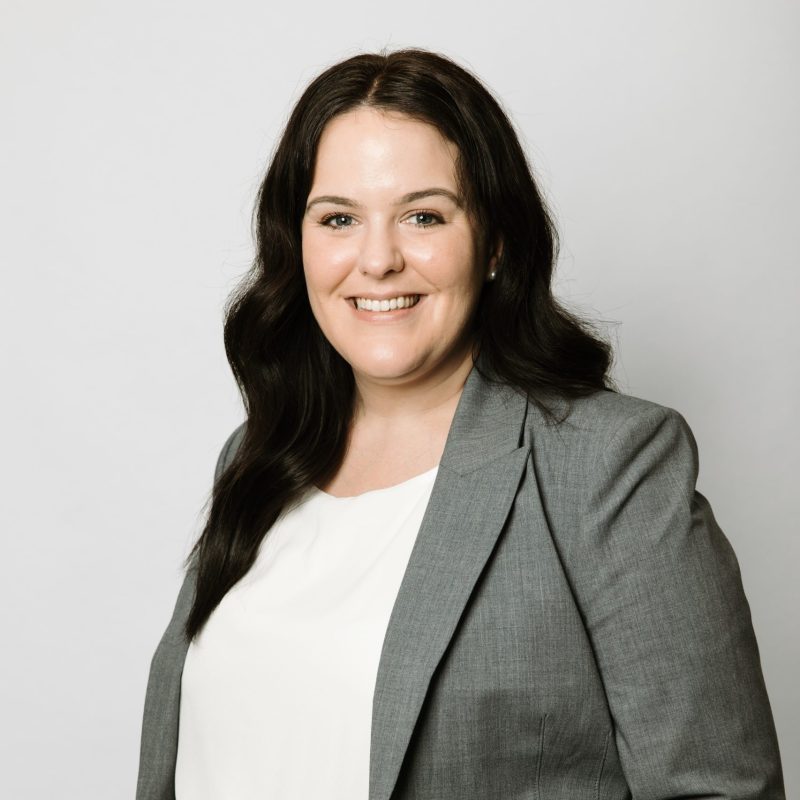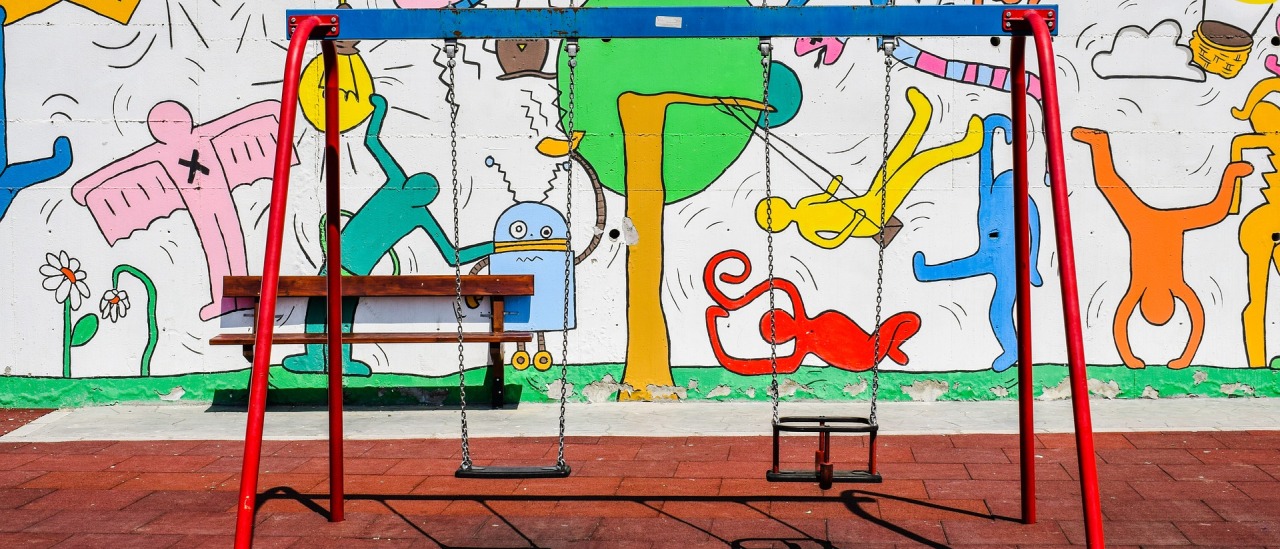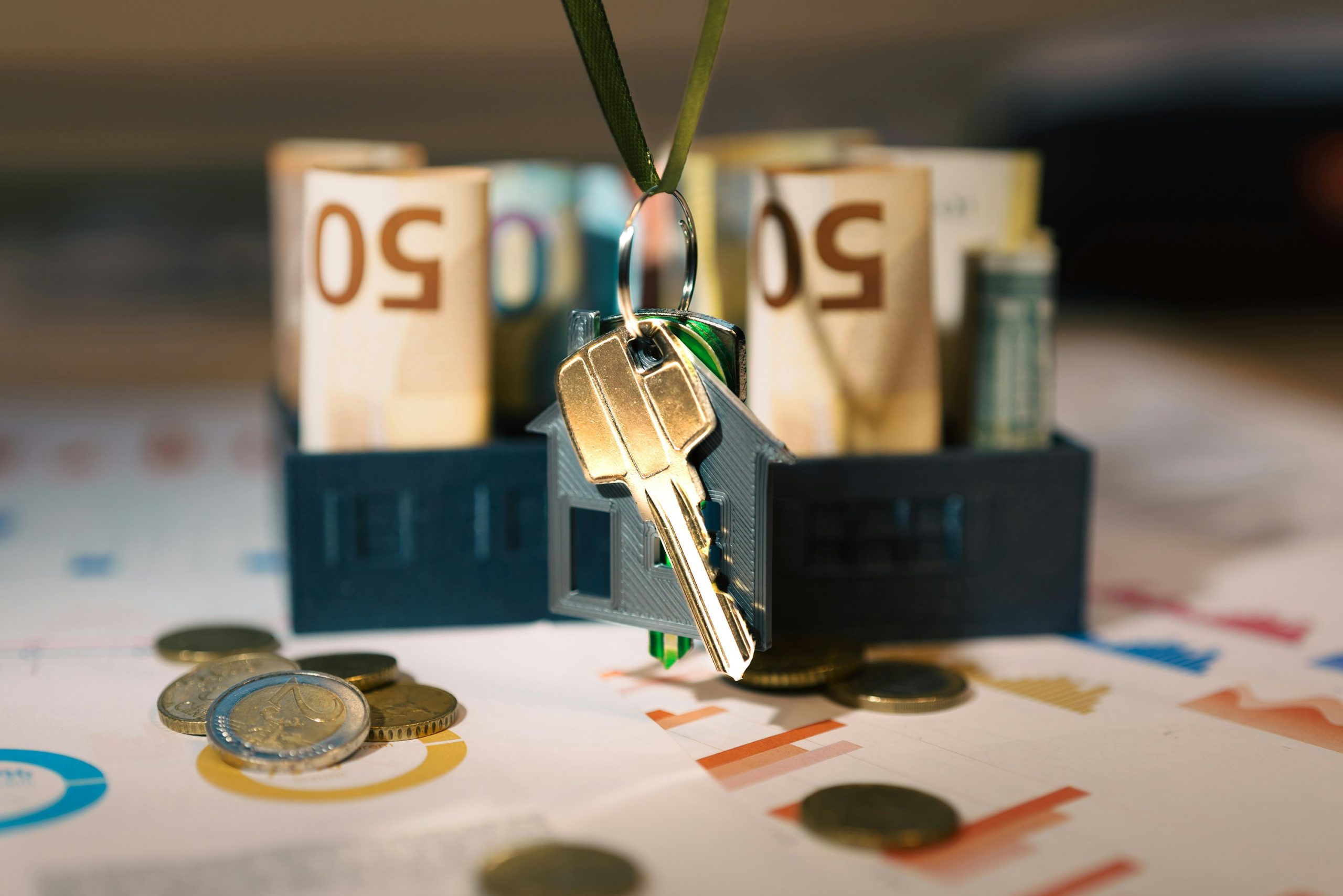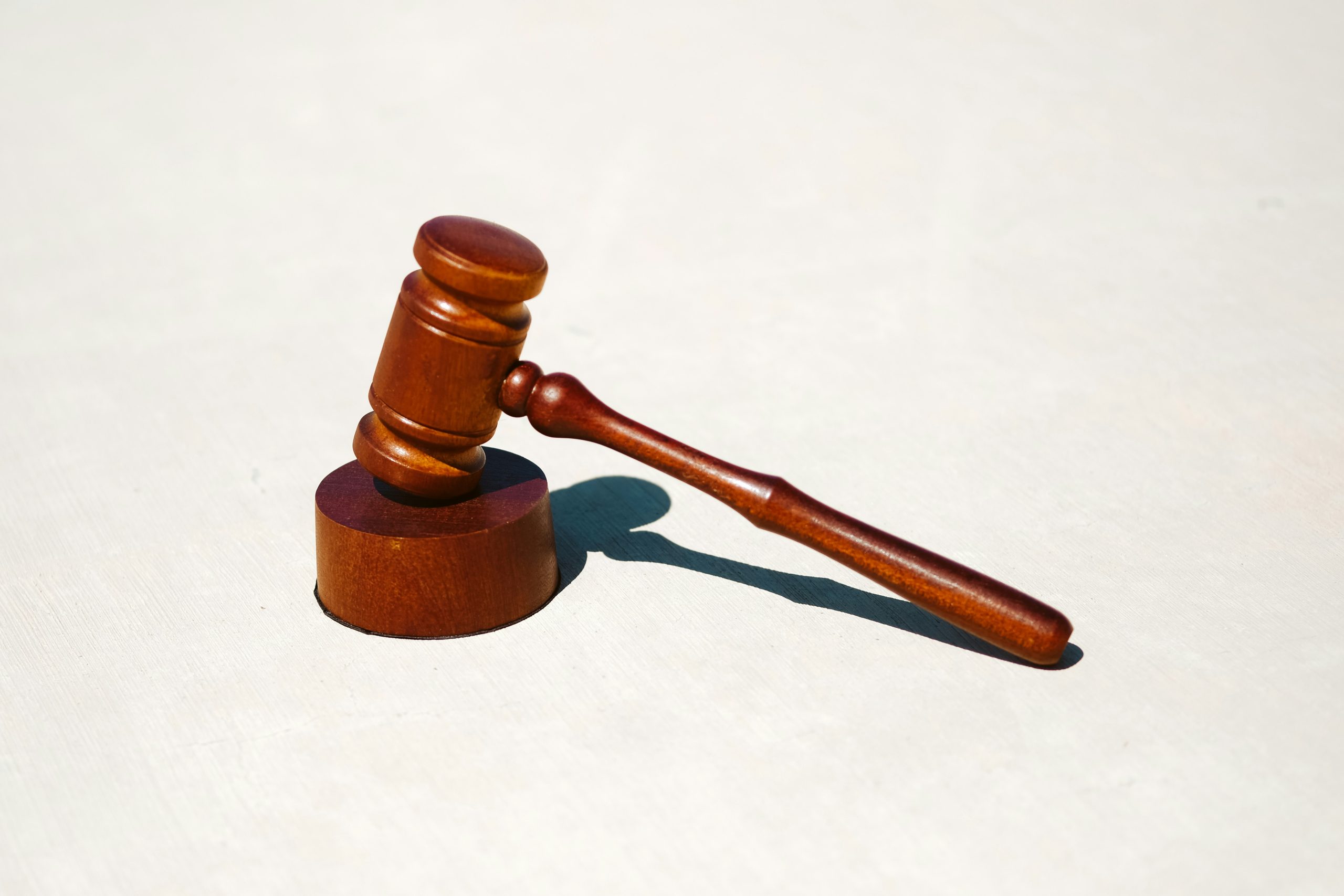In complex family law disputes between parents about their children, the Court sometimes appoints an independent children’s lawyer (ICL) to represent the children.
An independent children’s lawyer (ICL) appointment is likely to be made in matters where there are allegations of family violence, significant conflict between the parties, concerns about the health and welfare of a party is raised or in cases where one party wishes to move a long distance away with the child – “relocation” matters.
Role of an independent children’s lawyer
The ICL fills a unique role in such Court proceedings. Court proceedings are adversarial in nature. Parties engage their respective lawyers to argue their case. The Judge hearing the case has an obligation to make a decision which is in the best interests of the child. An ICL does not represent the interests of the mother or the father rather they are a neutral lawyer who has the job of assisting the Judge to make a decision.
Depending on the child’s age, the ICL will generally meet with the child throughout the course of the proceedings and has the ability to brief experts, request reports and issue subpoenas. The ICL may also speak to people such as the child’s teachers, counsellors and doctors throughout the course of their investigations. Finally, the ICL is able to ask questions of the experts and parties to a proceeding in a formal court setting if the matter runs to a Hearing.
The Court can appoint an ICL on its own initiative. Otherwise, an application may be made to the Court by one or both of the parties.
Section 68LA of the Family Law Act 1975 explains the role of the ICL in proceedings which is characterised by an expectation that he or she will form an independent view, based on the available evidence in relation to what is in the best interests of the child. This view will then be communicated to the Court. It is important to note however that that an ICL is not obliged to act in accordance with the child’s instructions and that the views of the child will be given varied weight depending on the child’s age, maturity levels and other relevant factors. Independent child’s lawyers are not psychologists and would normally reply on the assistance of experts, such as psychologists to interpret a child’s expressed wishes.
The legal fees of an ICL are generally absorbed by the relevant Legal Aid organisation in circumstances where one or both of the parties have a current grant of aid however the parties may need to provide some level of financial contribution. Alternatively, parties without a grant of aid may be required to pay a significant contribution to the ICL’s fees. You should contact your solicitor or your local Legal Aid office for further information in relation to an ICL’s costs.

elringtons lawyers regularly provide legal advice in relation to a range of family law matters. Please contact our Family Law Team for more information or to make an appointment call (02) 6206 1300








